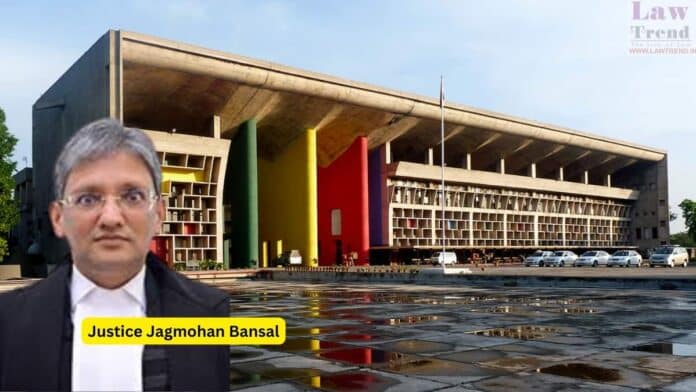Chandigarh: The Punjab and Haryana High Court has strongly condemned the conduct of Haryana Police authorities for repeatedly denying a constable post to a candidate who had been declared innocent by the investigating agency in a criminal case. The Court, calling it a “classical case of misuse of power and abuse of process of law,”
To Read More Please Subscribe to VIP Membership for Unlimited Access to All the Articles, Download Available Copies of Judgments/Order, Acess to Central/State Bare Acts, Advertisement Free Content, Access to More than 4000 Legal Drafts( Readymade Editable Formats of Suits, Petitions, Writs, Legal Notices, Divorce Petitions, 138 Notices, Bail Applications etc.) in Hindi and English.




